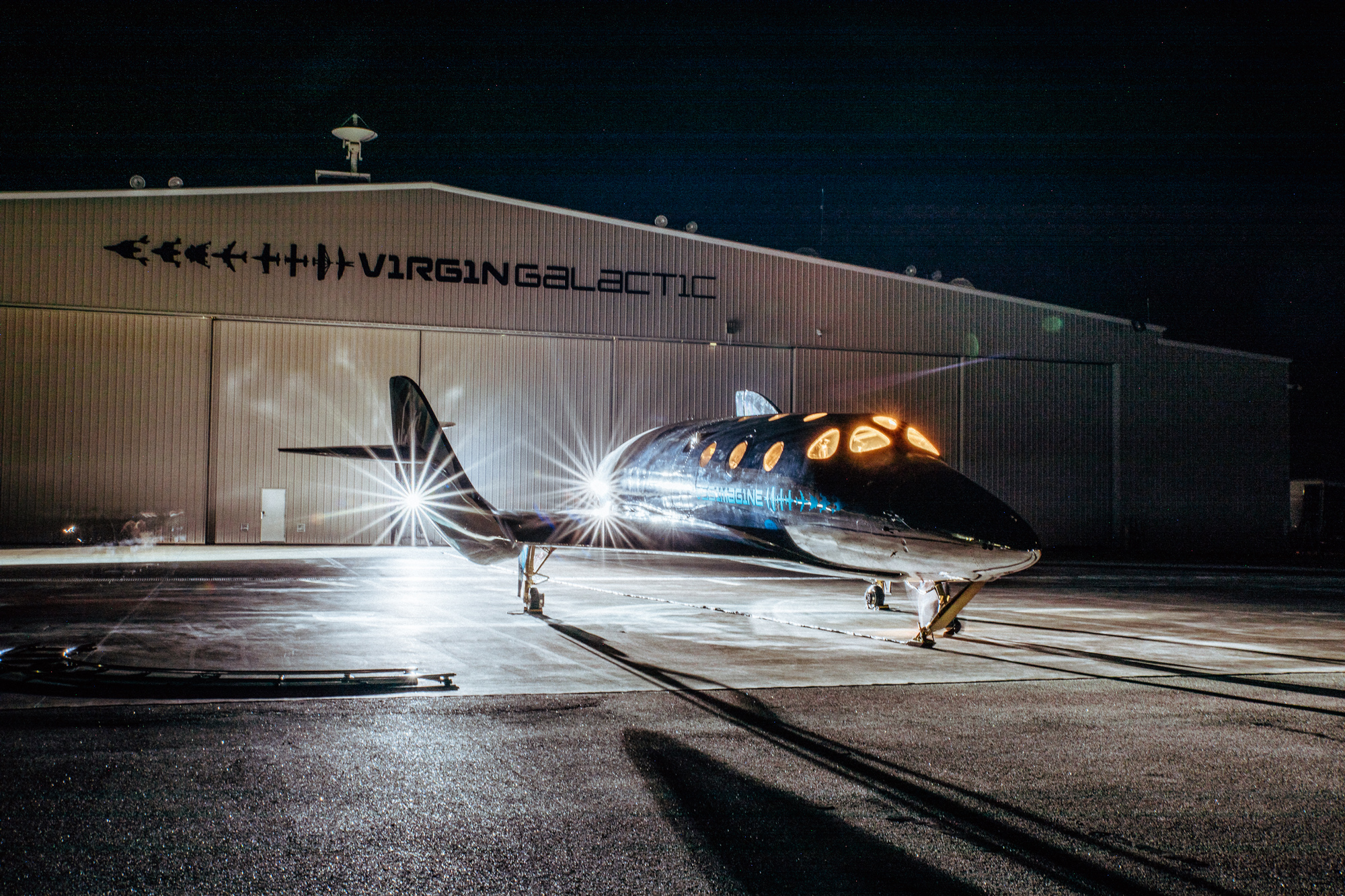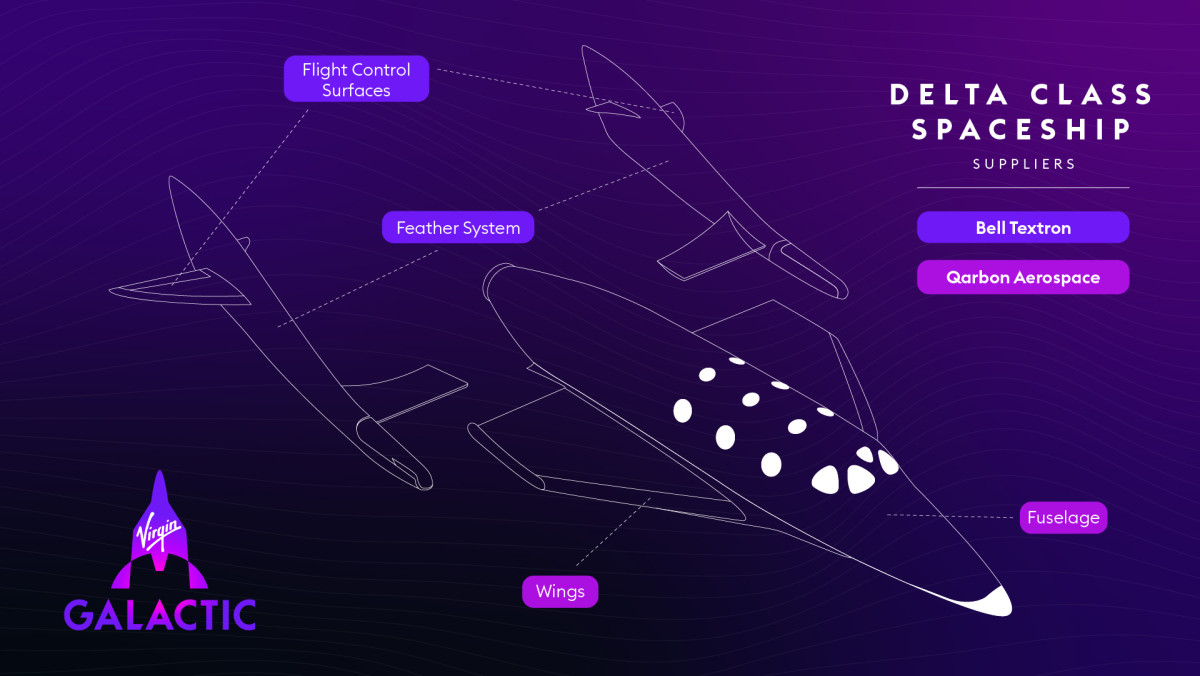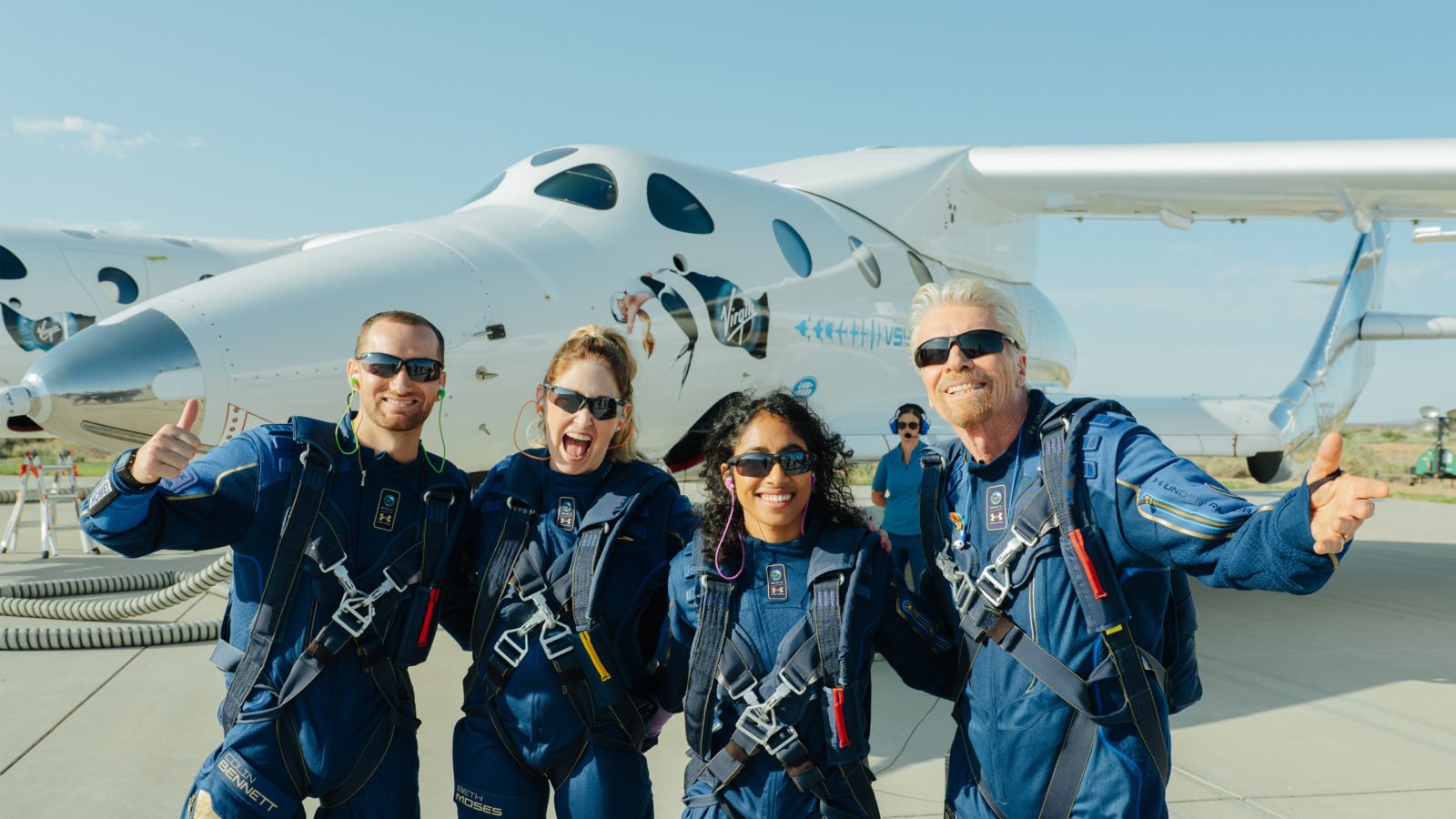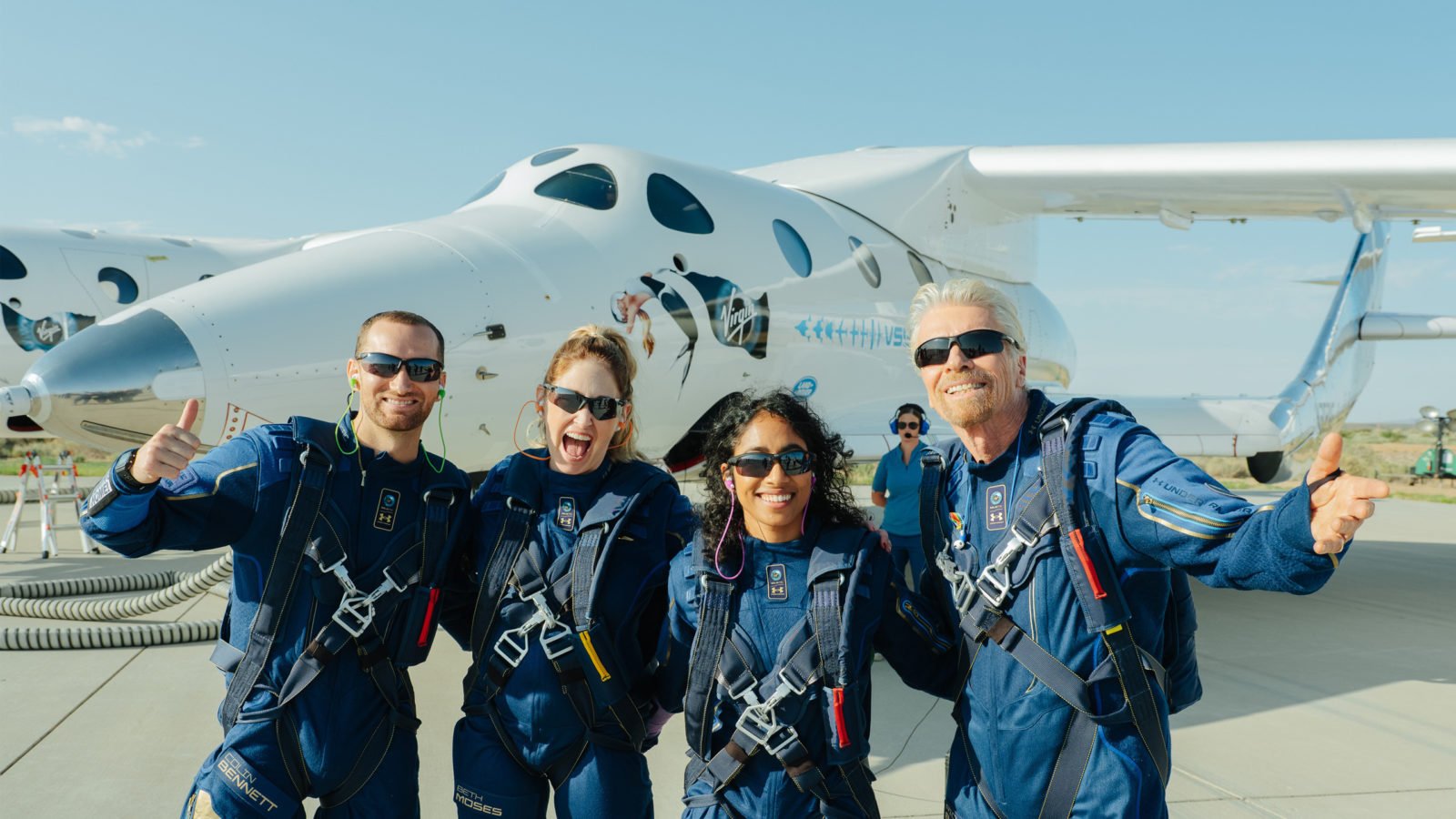Investors are understandably excited about the potential of space, but two high-profile companies in December provided a reminder that rocket companies rarely get it right on the first try.
Appearing on Motley Fool Live on the Dec. 14 edition of "The Wrap," Motley Fool contributor Lou Whiteman and "The Wrap" host Jason Hall take a look at two notable mishaps, and discuss why investors need to be prepared for more trouble ahead.
Lou Whiteman: Shares of Virgin Galactic (SPCE +1.12%) ended down 17% today, and that in and of itself isn't news that Virgin Galactic either went up or down 15%, 20%. What's news is there's actually a reason why today. Over the weekend, this space tourism company did a test flight and it did not go to plan. The onboard computer lost contact with the rocket motor, which caused an auto-abort, and the Unity spacecraft glided to Earth instead of rocketing into space. It's a failed test. That comes just days after SpaceX, Elon Musk's privately held company, saw the demonstration launch of its star ship interplanetary rocket end up in a fireball.
Look, let's not sugarcoat either of these. Neither of these went to plan, but in the grand scheme of things, both companies got a lot of wins from these failures. Virgin Galactic had a system fault but not a mechanical fault, and it ended up being a valuable proof of concept that its safety system works, which is a huge deal if you're going to send tourists into space. It glided down exactly how it was supposed to be. For SpaceX, the craft had a vertical liftoff. It climbed to eight miles. It returned to Earth. The issue there again was the tank pressure got too low, which caused the spacecraft not to decelerate enough, which caused it to crash on entry. But a lot of things went right there, and that's what testing is all about. The important takeaway, the investor lesson here is, as Jason said, space is hard. Virgin Galactic is the publicly traded company here. They have generated zero revenue, zero in each of their last two quarters, but it's valued at $6 billion on its potential. Nothing changed this weekend in terms of that potential, even though the stock is down 17% today. Almost inevitably, since humans started trying to leave this planet, things have not gone to script. There are a lot of tests, there are a lot of failures. This is a public company, so there is a lot of attention on it. It's bleeding edge science. Investors need to understand this. Again, we talked about speculative parts of a diversified portfolio. This is another stock that very much falls into that, but you need to understand that bleeding-edge science is trial and error, and error when you're dealing with rockets can be spectacular. If you're not ready for that, please don't buy the stock, OK? [laughs]
Jason Hall: Yeah. I can't remember Thomas Edison said something about failures. He said he didn't fail. He just learned thousands of ways that didn't work or something along those lines.
Whiteman: Relatively speaking, both of these companies, both of these failures, and wow that SpaceX one if you haven't seen the video, look at it because it is really cool. But both of those, the key thing they were watching wasn't what failed. It sounds like splitting hairs, it sounds like PR, but that's very important when you're trying to accomplish these things.






